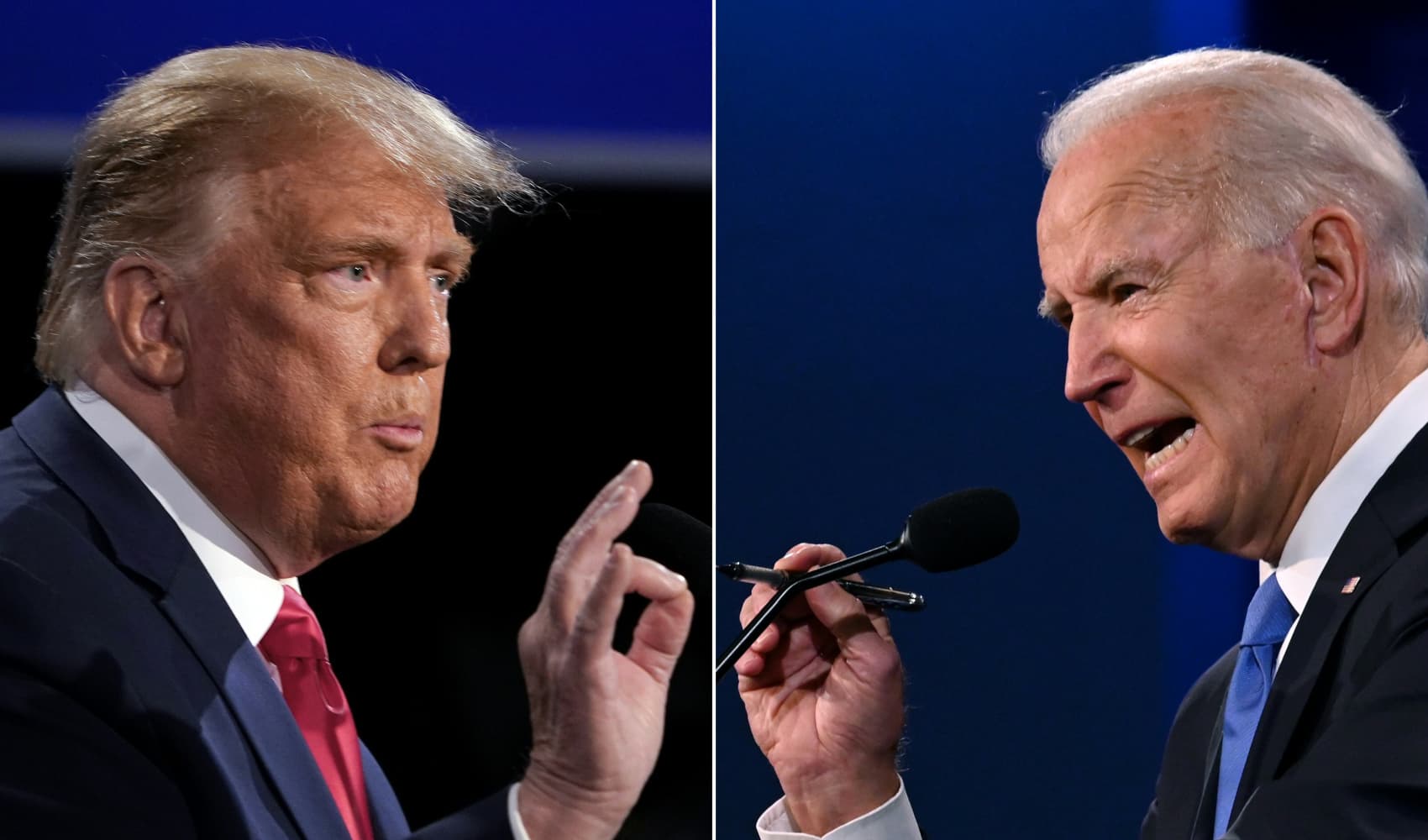
President Joe Biden speaks at a memorial service to honor law enforcement officers who’ve lost their lives in the past year, during National Police Week ceremonies at the Capitol in Washington, Wednesday, May 15, 2024.
President Joe Biden has asserted executive privilege over audio of his interview with special counsel Robert Hur that's at the center a Republican effort to hold Attorney General Merrick Garland in contempt of Congress, the Justice Department told lawmakers in a letter publicly released on Thursday.
It comes as the the House Oversight and Accountability Committee and the Judiciary Committee are each expected to hold a hearing to recommend that the full House refer Garland to the Justice Department for the contempt charges over the department's refusal to hand over the audio.
Garland advised Biden in a letter on Thursday that the audio falls within the scope of executive privilege. Garland told the Democratic president that the “committee's needs are plainly insufficient to outweigh the deleterious effects that the production of the recordings would have on the integrity and effectiveness of similar law enforcement investigations in the future."
Assistant Attorney General Carlos Felipe Uriarte urged lawmakers not to proceed with the contempt effort to avoid “unnecessary and unwarranted conflict.”
“It is the longstanding position of the executive branch held by administrations of both parties that an official who asserts the president's claim of executive privilege cannot be held in contempt of Congress,” Uriarte wrote.
White House Counsel Ed Siskel wrote in a separate, scathing letter to Congress on Thursday that lawmakers' effort to obtain the recording was absent any legitimate purpose and lays bare their likely goal — "to chop them up, distort them, and use them for partisan political purposes.”
The White House letter is a tacit admission that there are moments from the Hur interview it fears portray Biden in a negative light in an election year — and that could be exacerbated by the release, or selective release, of the audio.
The transcript of the Hur interview showed Biden struggling to recall some dates and occasionally confusing some details — something longtime aides says he’s done for years in both public and private — but otherwise showing deep recall in other areas. Biden and his aides are particularly sensitive to questions about his age. At 81, he’s the oldest ever president, and he's seeking another four-year term.
Hur, a former senior official in the Trump administration Justice Department, was appointed as a special counsel in January 2023 following the discovery of classified documents in multiple locations tied to Biden.
Feeling out of the loop? We'll catch you up on the Chicago news you need to know. Sign up for the weekly> Chicago Catch-Up newsletter.
Hur’s report said many of the documents recovered at the Penn Biden Center in Washington, in parts of Biden’s Delaware home and in his Senate papers at the University of Delaware were retained by “mistake.”
But investigators did find evidence of willful retention and disclosure related a subset of records found in Biden’s Wilmington, Delaware, house, including in a garage, an office and a basement den.
The files pertain to a troop surge in Afghanistan during the Obama administration that Biden had vigorously opposed. Biden kept records that documented his position, including a classified letter to Obama during the 2009 Thanksgiving holiday. Some of that information was shared with a ghostwriter with whom he published memoirs in 2007 and 2017.


